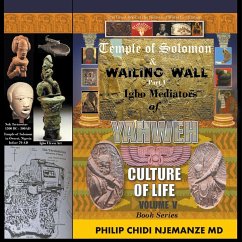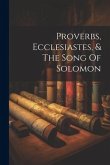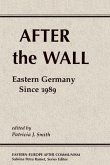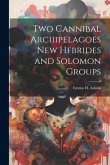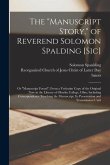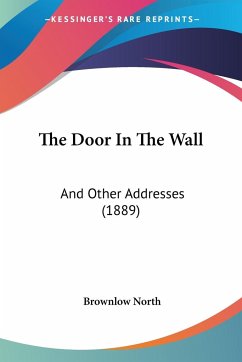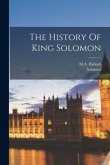This Book: Wailing Walls of Jerusalem, Igbo Mediators of Yahweh Culture of Life Volume V, has its setting in Owerri, Imo State, Nigeria. It is the first accurate account of the true location of the City of Ancient Jerusalem (Igbo language: iy¿ e rusalem, meaning 'evil [of abortion] should not touch me'). This assertion is supported by a map titled 'Ìlú Yèrúsàl¿mì ¿¿wèrè Yèésú' meaning 'Capital City of Jerusalem at the Birth of Jesus Christ') believed to have been made by anonymous Yoruba King visiting the City of Jerusalem before its destruction by 70AD. The city was surrounded by the inner Wailing Walls (Igbo language: ihi e ti eti, meaning 'the wailing wall') built around the Heart of the Capital City of Ancient Jerusalem (Igbo language: iy¿ e rusalam, meaning 'evil should not touch me') which was the home of King David to this day called Amaw¿m (Igbo language: ama Owe m, meaning 'the settlement of my Leader [King David]'). The walls enclosed the Royal Palace of King David (Igbo language: Di w¿ edo, meaning 'the man who is fair in complexion'), the Old Temple of King Solomon (Igbo language: isi e lo ama ana, meaning 'the head that thinks wisely for the land'), the Houses of the Chief Priests and Scribes, and houses of the indigenous people within the area traversed by the Sea of Galilee (Igbo language: ogo li elu, meaning 'the districts on heights'). This book builds on the theme of the book series on the Igbo as the Chosen People of God.
Hinweis: Dieser Artikel kann nur an eine deutsche Lieferadresse ausgeliefert werden.
Hinweis: Dieser Artikel kann nur an eine deutsche Lieferadresse ausgeliefert werden.

